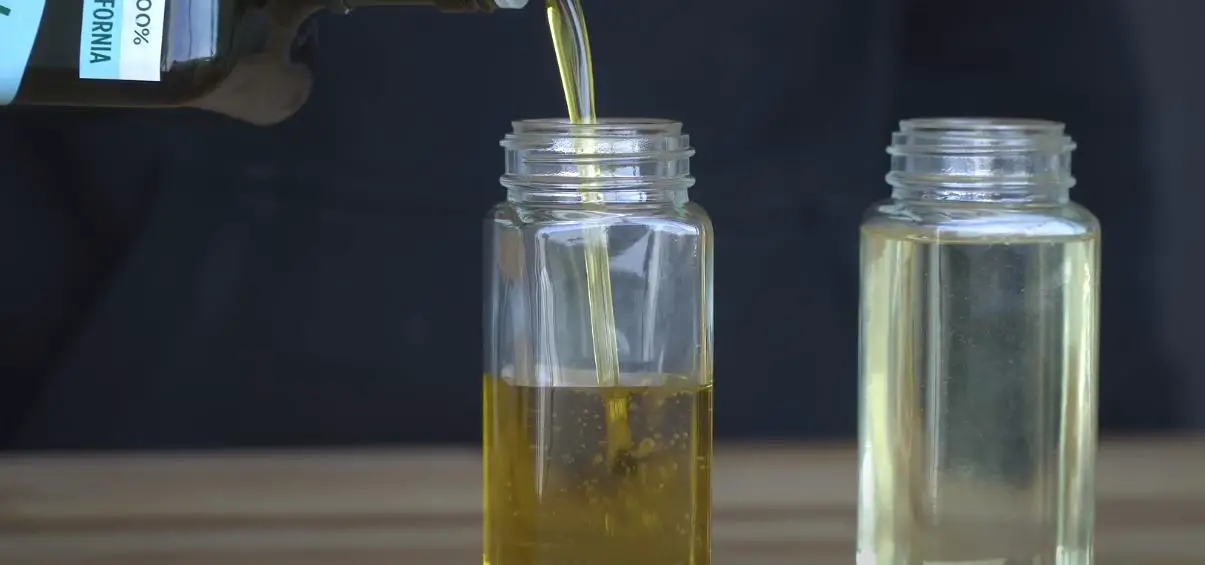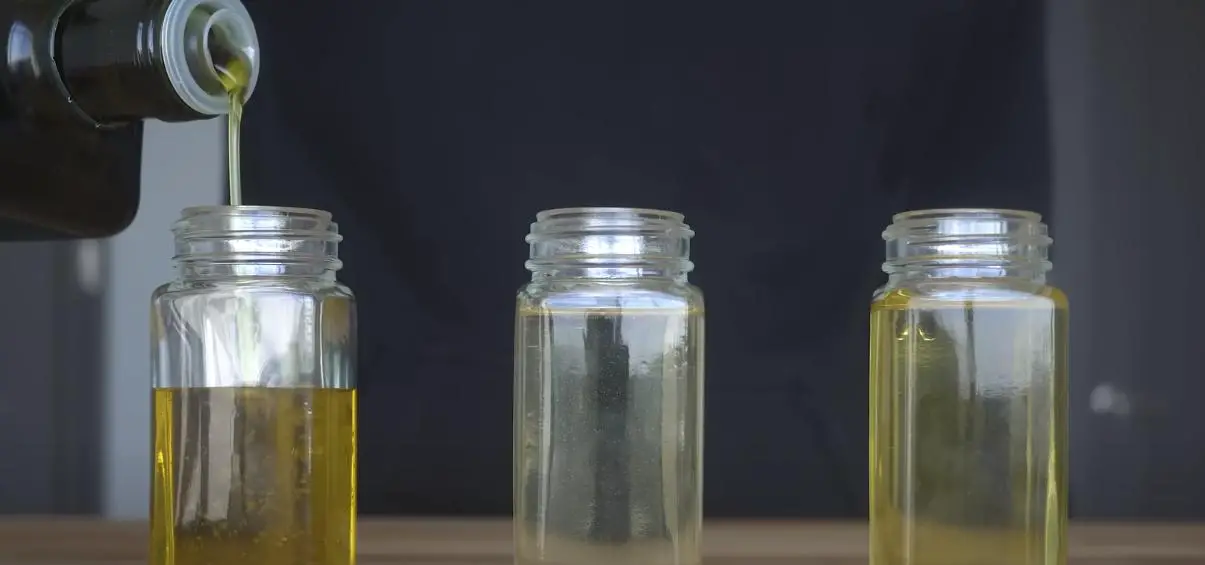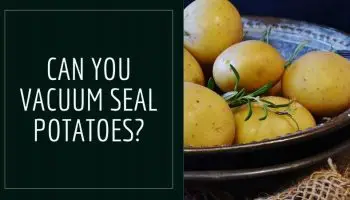Key Takeaways
- You can vacuum seal olive oil in order to extend its storage life and preserve its freshness
- Vacuum sealing olive oil will help keep it from going bad as quickly, and will also help maintain its flavor and freshness
- If you are planning on storing olive oil for an extended period of time, vacuum sealing is a great option to consider
Have you ever wondered if you can vacuum seal olive oil?
Well, wonder no more! In this article, we’ll explore the benefits of vacuum sealing olive oil and how it can help preserve its freshness and nutrients.
We’ll also show you how to vacuum seal olives with a Foodsaver.

How can vacuum-sealing olive oil help preserve its freshness, crispness and nutrients?
Vacuum sealing is a great way to preserve the freshness, crispness and nutrients in olive oil. This is because vacuum packaging prevents oxygen from coming into contact with the food, which can cause it to spoil. By keeping oxygen out, vacuum sealing helps keep olive oil fresh and full of flavor.
Can you vacuum seal liquids with a Foodsaver machine?
You can vacuum seal liquids with a Foodsaver machine by using special bags that are designed for this purpose.
These bags have a small hole in the corner where you insert the nozzle of the Foodsaver.
The machine then sucks all of the air out of the bag, which creates a tight seal around the liquid. This prevents spoilage and keeps your food fresh for longer periods of time.
Is it safe to vacuum seal liquids in Mason jars?
Yes, you can safely vacuum seal liquids in Mason jars as long as you have the original, undamaged lid for the repurposed jar. This is a great way to extend the shelf life of your food storage, and it can also help keep your pantry organized.
Vacuum sealing works by removing all of the air from around the food, which inhibits bacterial growth and prevents spoilage. When done correctly, sealed foods will stay fresh for weeks or even months.
There are a few things to keep in mind when vacuum-sealing liquids in Mason jars. First, make sure that the jars are clean and dry before sealing. Any moisture that’s left on the jar can cause condensation inside the seal, which could lead to mold growth.
Second, fill the jars to within an inch of their rim so that there’s enough room for expansion during freezing or pressure changes. Finally, use a wide-mouth funnel to avoid spillage when filling the jars with liquid.
With these tips in mind, vacuum sealing liquids in Mason jars is a safe and effective way to extend their shelf life and keep your pantry organized.
What are the benefits of storing olive oil in a vacuum-sealed container?
When it comes to storing olive oil, vacuum sealing is often the best option. There are several benefits to doing so, including prolonging the shelf life of the oil, preventing oxidation and preserving its flavor.
One of the main reasons to vacuum seal olive oil is to prevent oxidation. This process can occur when oxygen interacts with the oils, causing them to go rancid. Vacuum sealing removes all of the oxygen from the container, which protects the oil and helps it last longer.
Another benefit of storing olive oil in a vacuum sealed container is that it can help preserve its flavor. When exposed to air, olive oil can start to take on a stale taste.
This is due to oxidation again but also because aromatics are released into the air over time. By keeping your olive oil sealed tight, you can help keep its fresh taste for longer periods of time.
Finally, one more advantage of using a vacuum sealed storage method for your olive oil is that it will prolong its shelf life significantly.
In general, unopened bottles of virgin or extra-virgin olive oil can last between 18 and 24 months when stored properly (i.e., in a cool, dark place).
Are there any drawbacks to using a vacuum sealer on olive oil?
A vacuum sealer is a great way to keep food fresh, but there are a few potential drawbacks to using one on olive oil.
One is that it could potentially extend the life of fresh food beyond its natural shelf life, leading to wasted food.
Another is that it could inhibit the growth of bacteria, which could have negative consequences if people consume olive oil without cooking it first.
Finally, using a vacuum sealer could give people extra cold storage space, which might encourage them to buy more food than they need and end up wasting it.
How long will olive oil last if it is stored in a vacu
When it comes to storing olive oil, vacuum sealing is the way to go if you want it to last. Olive oil will last for a minimum of 15 months if properly stored in a vacuum. This is because vacuums remove all the air from around the food, which prevents oxidation and rancidity.

Final Verdict
Yes, olive oil can be vacuum sealed. Vacuum sealing preserves the freshness, crispness, and nutrients in olives. This ensures that your olive oil will retain its flavor and quality for a longer period of time.



![Can You Vacuum Seal Tomatoes? [The Proper Way!]](https://vacuumsealerzone.com/wp-content/uploads/2021/08/Can-You-Vacuum-Seal-Tomatoes-350x200.jpg)